Blog
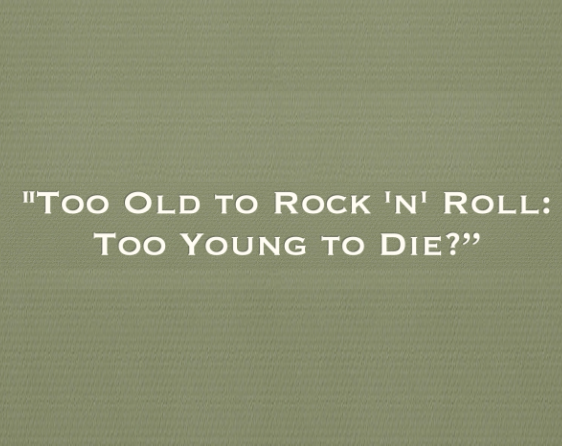
A Point of View on Ageism
Written by Ashish Marwah
The recent comment by WPP CEO Mark Read (aged 52), to an analyst, about Age diversity (or lack of it) had an outcome which he never expected or perhaps intended. For its not uncommon for one to regard this as normal narrative in an industry that is youth obsessed. Next, true to nature, the fraternity reacted as it is wired to – views, counter views, comments, vitriol and then some.
It is not the first time the issue of Ageism has generated conversation. As early as the 1950s, literature has been replete with empathy for the older worker. Much before, terms such as Ageism, Age management and Age diversity, which have now started an intergenerational lob of debates. Avoidance of discussing social issues that are important openly with transparency, not paying heed to facts rather than biases, is bound to fan Age discrimination. We are seismically and surely moving towards a world where 1 out of 6 are going to be 65 years of age and above by the year 2050. With fertility rates falling across developed nations and many emerging economies, there is bound to be a shortage of younger workers and consumers. What used to be a pyramid population structure now is looking like a tall building in many countries bringing with it unforeseen changes. As more and healthier older people are going to be available (and need) to work, workplace discrimination on the basis of age is conflicting to an emergent Silver reality.
Ageism may even be more prevalent than racism or sexism as per World Health Organization (WHO) study on ageing 2015, while being increasingly tolerated and socially acceptable. It is precisely on account of unfairness, that legislations have been passed globally banning Age discrimination. There are countries such as Germany, Japan, Finland to list a few have acknowledged the ageing workforce as a current reality to make way for age appropriate adjustments. Singapore, which today is one of the fastest ageing society, has undertaken impeccable initiatives in the form of Tripartite Alliance for Fair & Progressive Employment Practices, which is a multi- faceted approach to enable the culture of inclusion for mature employees.
There is more to Age than just the number. Taken on its own, it does not necessarily help you generalize and accord an individual’s emotional, intelligence, physical capability. Some mature workers do have the levels of mental and physical capacity that compare favorably to those in their 20s and 30s. One simply needs to look at the ages of people who have won accolades in Literature, Science, Art, Sport, Music and other fields to see originality and creativity in their endeavour and work. And then there is the invaluable experiential aspect which is priceless, demonstrating that some edges can only be honed by experience.
Older workers offer employers commitment, loyalty, skills and experience, with better mentor capability. Though also are not easily receptive to criticism or open to flexibility. The idea is not to compromise and challenge the younger worker, as it would be ageism reversed. With the rise of the ageing consumer, intergenerational workforce is bound to get inevitable. A necessity for societal good. An Age-neutral future. Businesses need to fulfill social obligations along with economic considerations as they exist in an eco-system called society. It cannot be just about cutting overheads by enroling younger workers but also needs to seek value in the more experienced workers.
To nudge the narrative of ageism, we need to start exploring ways of addressing not just the present mature workers but also preparing our future younger workforce. Adaptability is a key term, which is touted a lot when it comes to future proofing oneself with an everchanging goal post during our career lifetime. And at times the game itself changing! Given we are creatures of habit, Adaptability does not come easy to the more mature workers. This attribute will in the future decide the relevance and longevity of one’s employability in the workforce. It will not be an easy task. Conformist approach to adapt won’t cut it. It is Adaptability on account of a non-conformist outlook, that will deliver the edge. For which we’ll need to start practicing and training to step out of comfort zones and develop a childlike trait of ‘curiosity for the new and unknown’ in small simple ways. This will be the leverage over the normal skill set, acumen, experience, education.
This is not the last we have heard on Ageism. We though must undertake the initiatives to bring a change in the narrative, keeping the above points in mind. Whether we are consuming, spending, eating or for that matter working, we all should be respectful to the notion and reality of not just Ageing but Ageing Happily and well. If not, then to current Millennials, GenX, GenZ and Mark Read - this should concern you very much. For You are next. Too Old to Work : Too Young to Retire.
Published on LinkedIn, September 4, 2020
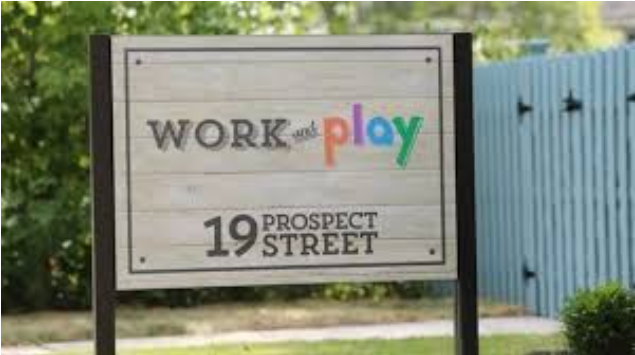
A Requiem for Retirement
Written by Luke Thomas
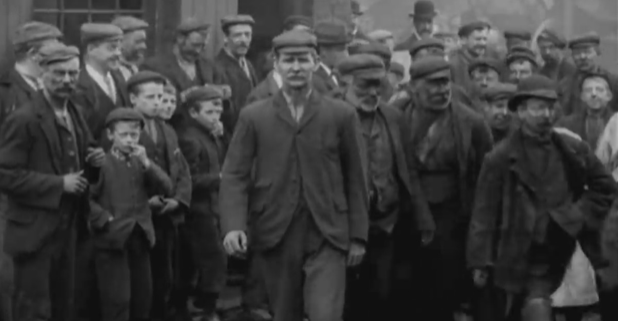
Sequenting: Jettisoning Retirement and financing a multi-stage life
Written by Luke Thomas
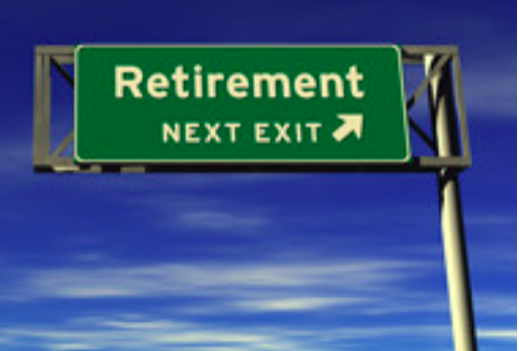
Retirement – The lies we tell
Written by Luke Thomas

What for Retirement?
Written by Luke Thomas

Retire beyond work and age
Written by Ashish Marwah
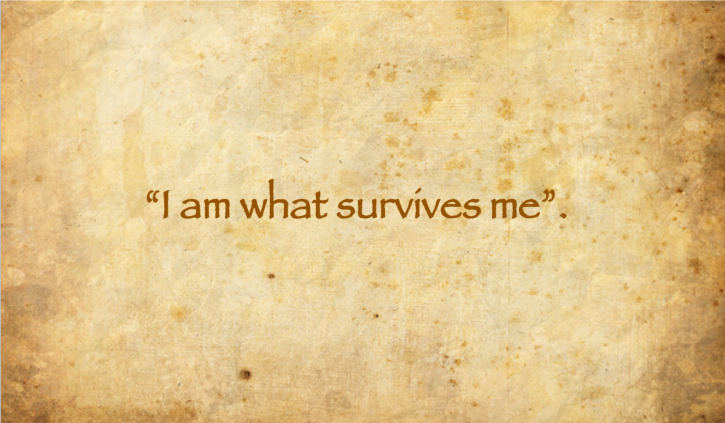
The Rise of Silver Mentors
Written by Ashish Marwah
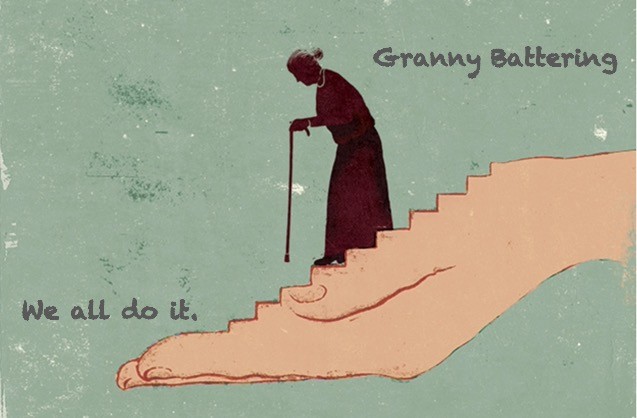
‘Granny Battering’. We all do it.
Written by Ashish Marwah

Bridging Generational Divides in Your Workplace
Written by Debra Sabatini Hennelly and Bradley Schurman
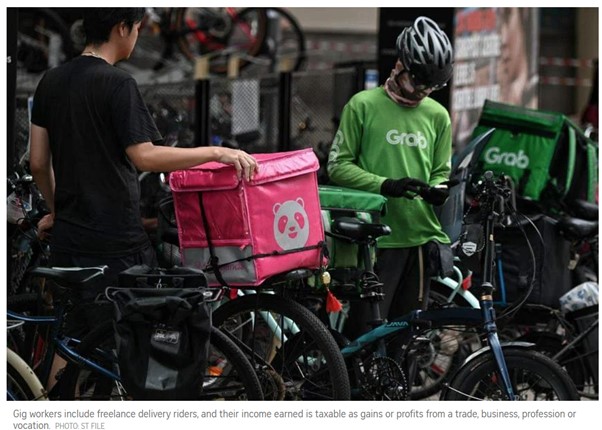
Must Gig-workers Pay Tax?
Written by Prisca Ang, Straits Times

Eligible Platform Workers Get CPF Boost
Written by Chor Kieng Yuit, Straits Times

More Companies Are Using Marketplaces To Find Freelance Workers
Written by Luke Thomas

Hiring Independent Professionals Need Not Be Painful
Written by Luke Thomas